How Will Smart Cities Impact Real Estate?
Smart cities have become the standard when it comes to the aspirations of urban markets in the United States and their development plans. But how do they influence the real estate sector?
By Alexandra Pacurar
 Smart cities are mainly about efficiency, whether it’s energy savings and faster services, better communication, improved mobility or innovative infrastructure. Boston seems to be leading the hierarchies in this respect, going as far as creating its very own innovation district, accommodating the tech companies and communities operating in the city. NYC is also on the list thanks to implementing technologies that resulted in massive savings for the city. Columbus is on the midst of transforming its public transportation system to serve more communities, while Virginia’s Roanoke is known because government agencies have an active presence on social media.
Smart cities are mainly about efficiency, whether it’s energy savings and faster services, better communication, improved mobility or innovative infrastructure. Boston seems to be leading the hierarchies in this respect, going as far as creating its very own innovation district, accommodating the tech companies and communities operating in the city. NYC is also on the list thanks to implementing technologies that resulted in massive savings for the city. Columbus is on the midst of transforming its public transportation system to serve more communities, while Virginia’s Roanoke is known because government agencies have an active presence on social media.
How do these relate to the real estate market? The tech sector is in full bloom, so developing districts and supporting businesses in this segment will create jobs and attract professionals, which means housing demand will increase. Population growth will have the same effect. Who wouldn’t want to move to a city with high-paying jobs, great public transportation, efficient communication with officials and modern resident services? I know I would. Growing the standard of living comes naturally for smart cities.
Another aspect is that smart cities have lower operating costs, which means significant amounts of money can be redirected to other projects, real estate or not. Finding additional resources to invest in the city is always great news for developers who often use area amenities to market their properties. Cities applying new technologies or policies for a better quality of life will always be relevant markets that attract capital from real estate investors.
Aggregating tech companies into a district can help a city get smart. Columbus is the best example here, after managing to convert $50 million into $500 million. Last year, the city received a $40 million grant from the U.S. Department of Transportation and $10 million from Vulcan Inc. following its participation in the federal Smart City Challenge. The city’s dynamic business community made significant investments that helped the city get the grant and multiply its funds.
Other initiatives, such as Sidewalk Labs LLC—the urban innovation unit of Page’s Alphabet Inc.—are transforming the way we see cities. The organization focuses on the people and “ubiquitous connectivity” when it comes to designing the cities of tomorrow. One example it gave in a blog post was that “more parks, pedestrian paths and bike lanes mean more active lifestyles and potentially significant health care savings over time. Safe streets mean busy parents can feel confident that their children will be able to walk home from school alone. Better access to open space and less need for onsite storage as a result of cheap autonomous delivery mean some residents won’t require as much living space, reducing housing costs.”
Smart cities will eventually transform the way our houses look and function. It is what led to trends such as micro-apartments built in the well-connected urban core for Millennials or Baby Boomers. As Sidewalk Labs puts it, cities of the future are less about high-tech and more about the people. Felling safe and feeling good in your city is what makes a better tomorrow.

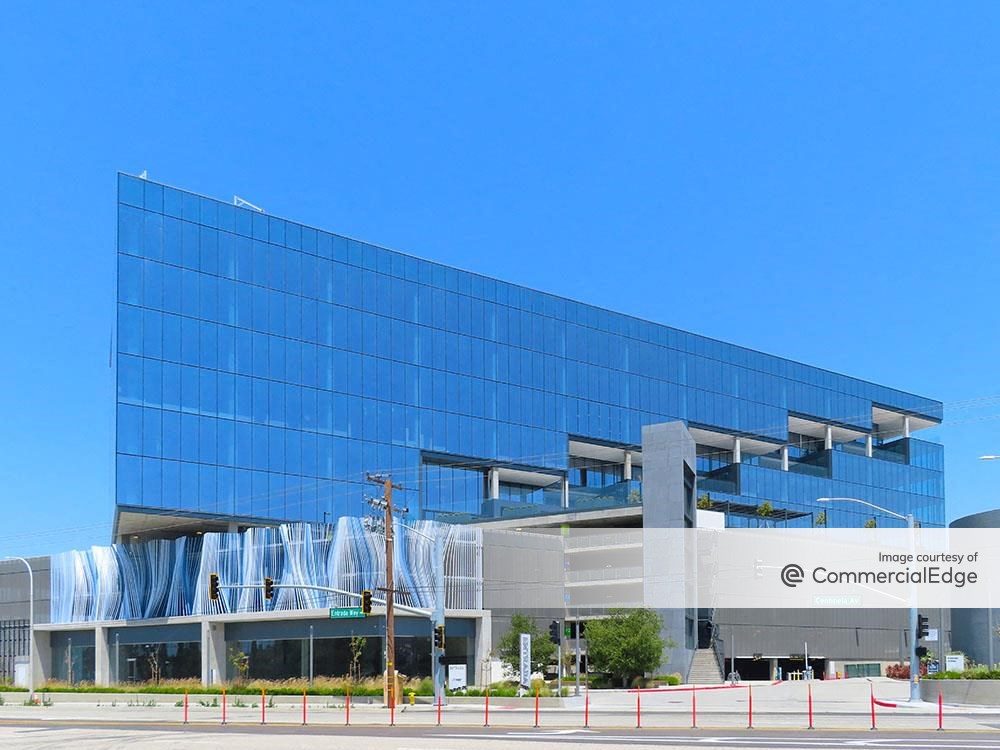

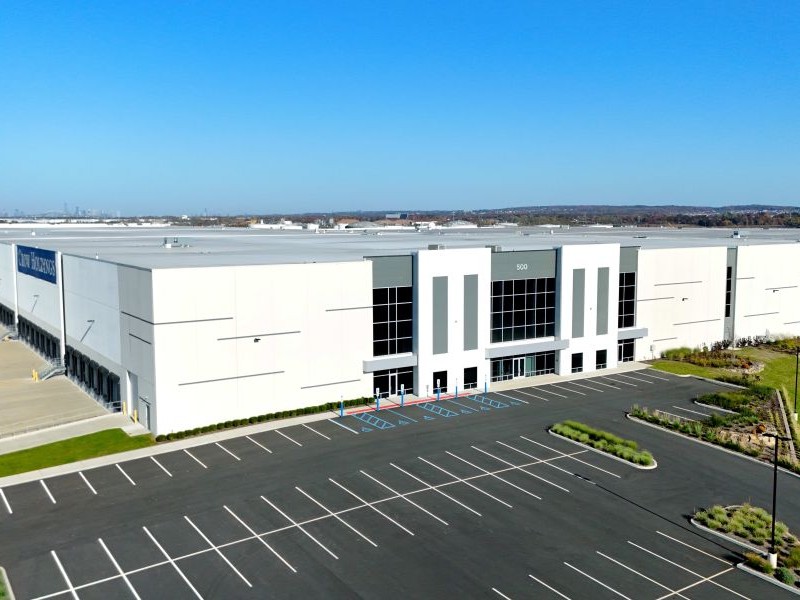
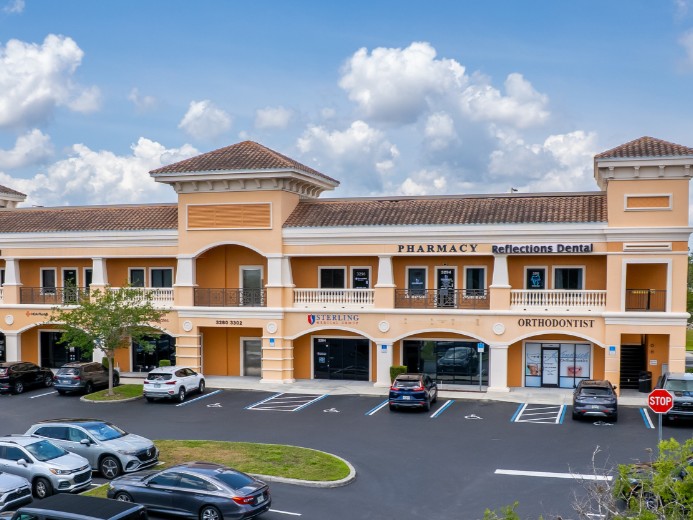
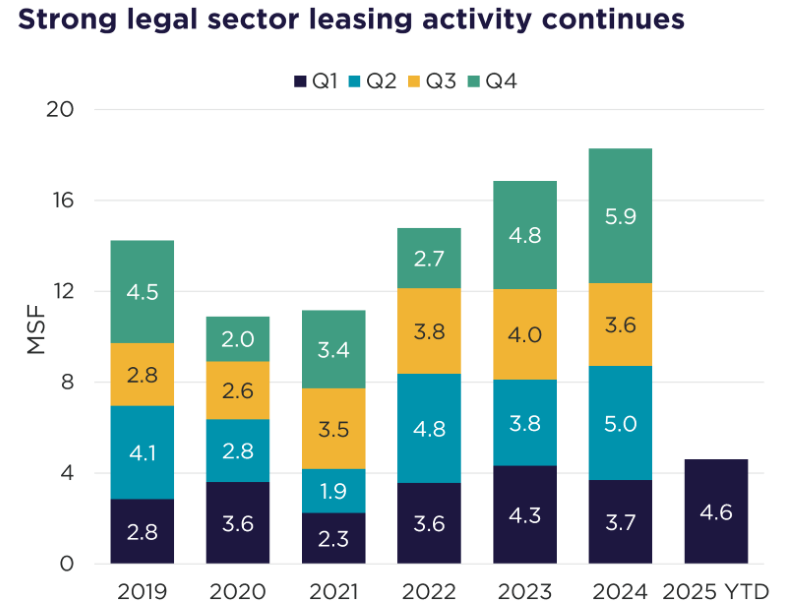
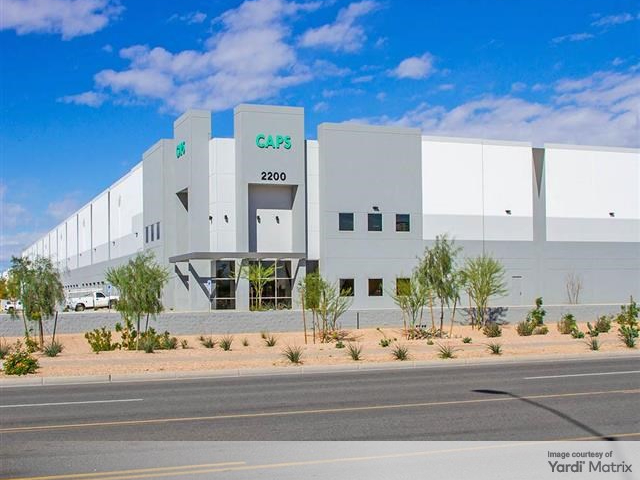
You must be logged in to post a comment.